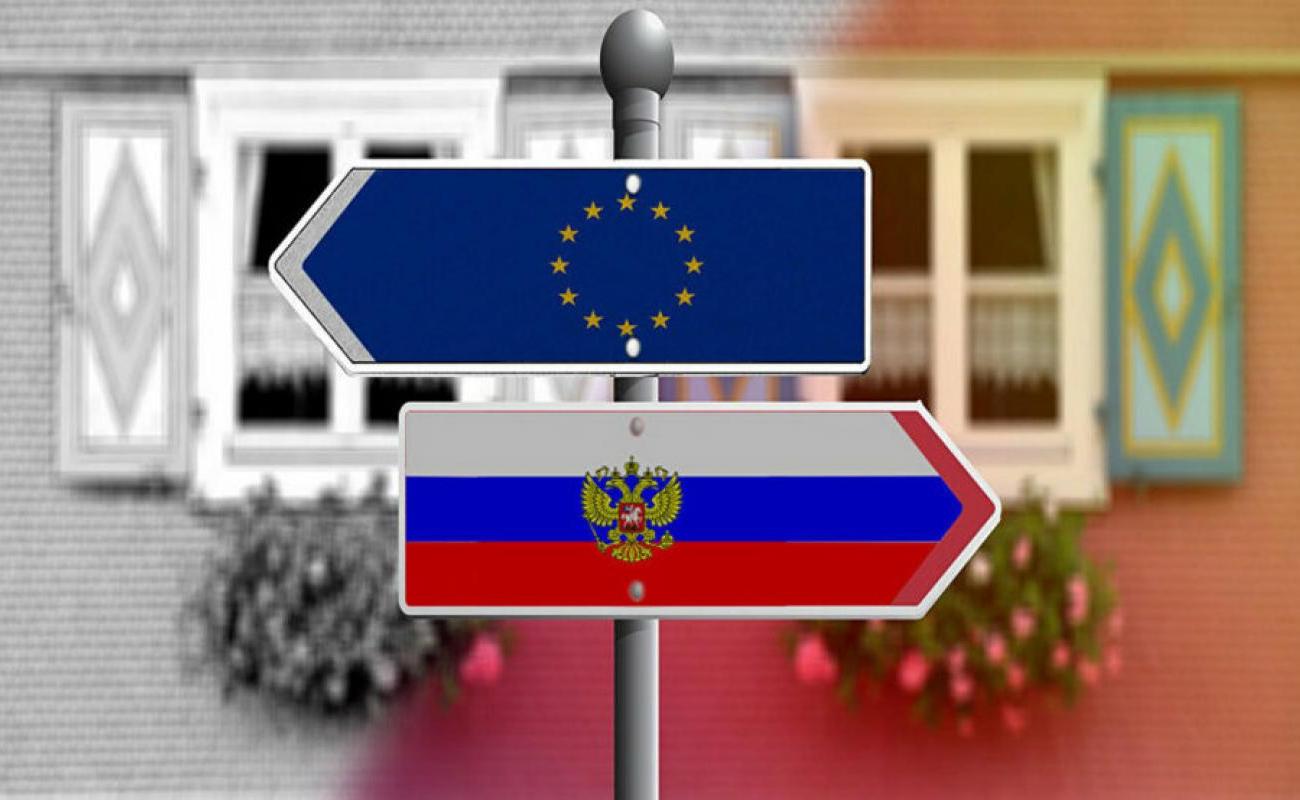The EU “slaps” Serbia: Relations with Moscow call European integration into question

The European Union (EU) has repeatedly criticized Serbia for its close and high-level relations with the Russian Federation. In the EU progress report for 2023 published on Thursday, Brussels emphasized that these relations raise questions about Serbia’s strategic orientation.
Serbia has been engaged in accession negotiations with the EU since 2014 and, according to the negotiating framework, Belgrade is expected to gradually align its policies towards third countries with EU policies and positions, including restrictive measures.
“Serbia continued to develop intensive relations and strategic partnerships with a number of countries around the world, including maintaining relations with Russia and China. High-level contacts and bilateral visits from Russia were maintained, albeit at a lower frequency, raising questions about Serbia’s strategic orientation. In October 2022, the Deputy Foreign Minister of Russia visited Belgrade, where he organized a meeting of Russian ambassadors stationed in the region. In April 2023, members of the Russian upper house of parliament, the Federation Council, who are on the EU sanctions list, were received by the Serbian Speaker, MPs and the Minister of Public Administration and Local Government. The Russian Ambassador was frequently and regularly received by the President, the Speaker and the First Deputy Prime Minister/Foreign Minister and the Minister of Energy. In May 2023, the Head of the National Security Information Agency attended the 11th Moscow International Security Conference. “The First Deputy Prime Minister and Minister of Foreign Affairs of Serbia announced that he would visit Moscow by the end of 2023. The Serbian President met briefly with the Russian President in October 2023 on the sidelines of the Belt and Road Summit in Beijing,” the report states.
According to the document, Serbia’s level of harmonization with European foreign policy was 46% in 2022 and 51% in August 2023. “Some of Serbia’s actions and statements contradicted EU foreign policy positions.” Serbia is expected to prioritize improving its alignment with the EU’s Common Foreign and Security Policy, including the EU’s restrictive measures, and refrain from actions that contradict the EU’s foreign policy positions,” the report states.
The political and economic influence on the media continues to give Brussels cause for concern. Therefore, the EU recommends that Serbia takes urgent measures to counter the anti-EU narratives spread by numerous media outlets and to oppose external manipulation and interference in the context of the Russian war of aggression against Ukraine.
“The international English-language channel “Russia Today (RT)” was not banned by REM and is still broadcast on cable television in Serbia. In addition, RT launched a local RT Balkans multimedia platform in Serbian in November 2022, which also hosted government representatives in its video format. The media also promoted the recruitment of military personnel for the Wagner paramilitary group, which is banned under Serbian law but has not been prosecuted by law enforcement authorities. These media, together with Sputnik Serbia and other local media, produce and disseminate content that manipulates the information environment in Serbia. Such content is echoed in a large part of the main media in Serbia and in the wider region,” the report states.
According to Brussels, additional efforts are needed to investigate and prosecute foreign fighter recruitment networks, particularly in the context of the Russian war of aggression in Ukraine.
According to the report, Serbia remains dependent on its sole gas supplier Gazprom and the majority Russian control over Serbia’s gas infrastructure and oil industry.
“Serbia must take further steps to reduce this dependence on Russian fossil fuels. “Serbia is encouraged to take the necessary steps to harmonize with the EU regulation on gas storage and to comply with the obligation to certify gas storage operators by the first quarter of 2024,” the document reads.
Otherwise, the EU remains Serbia’s largest trade and investment partner, accounting for 58.7% of total trade and 32.9% of foreign direct investment inflows in 2022. Total trade between the EU and Serbia increased by 27.7%, i.e. from 30.6 billion euros in 2021 to After the EU, Serbia’s most important trading partners in 2022 were the signatories of the Central European Free Trade Agreement (10.3% of total trade), China (8.7%), Russia (5.8%) and Bosnia and Herzegovina Herzegovina (5.3%).
/The Geopost
